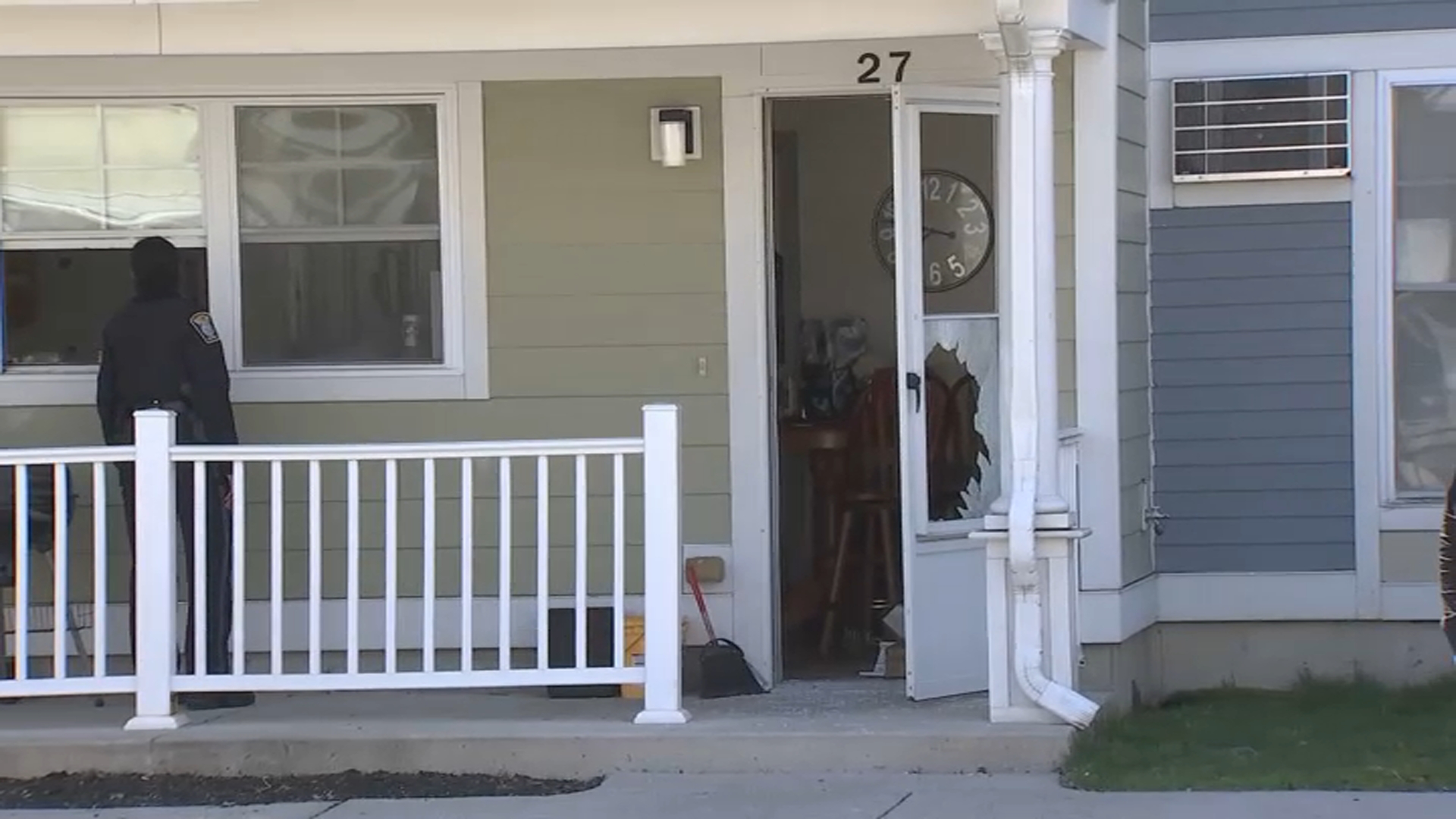A lawsuit challenging the constitutionality of the state requirement that eligible voters register at least 20 days ahead of an election is being heard in court this week, with critics saying the law disenfranchises thousands of potential voters every election.
Opponents of the cutoff - including the American Civil Liberties Union of Massachusetts - are urging the court to declare the law unconstitutional and to order the state to end its enforcement, saying the law arbitrarily denies citizens their right to vote.
Opponents are trying to bolster their argument by pointing to the state's adoption of early voting last year.
That change allowed voters to begin casting ballots on Oct. 24, just five days after the Oct. 19 registration cutoff. They say that undercuts the rationale that the state needs to end the registration of voters 20 days before Election Day.
Defenders of the rule say the 20-day cutoff remains an important tool for the orderly management of the election process in Massachusetts.
The trial began Wednesday in Suffolk Superior Court.
In a court document, Attorney General Maura Healey said her office and the office of state Secretary William Galvin - both Democrats - are willing to work with the Legislature to make changes to the law. Galvin oversees elections.
Massachusetts
The latest news from around the state
Healey, charged with defending state laws, also argued the 20-day cutoff is constitutional, calling it "a reasonable and nondiscriminatory method for regulating state elections.'
A spokeswoman for Healey said she personally supports same-day registration.
The case began after three voters who failed to register by last year's deadline went to court for the right to cast a ballot.
A Suffolk Superior Court judge issued a preliminary injunction last November permitting the three to cast provisional ballots in the 2016 election. Those votes were later counted.
In that ruling, Judge Douglas H. Wilkins also pointed to the state's adoption of early voting saying it suggests the technology and systems are in place to allow voting by individuals who register much closer to the election than 20 days.
"The present state of the record shows no real reason, grounded in data, facts or other evidence, why the commonwealth accomplishes anything by implementing a 20-day deadline," Wilkins wrote.
The early voting option proved popular. More than 1 million Massachusetts voters cast ballots before Election Day last year.
Other states, including some in New England, have same-day registration. Nationwide, more than a dozen states allow voters to register and cast ballots on the same day, according the National Conference of State Legislatures.
State lawmakers are currently weighing several other bills that would make changes to the state's voter registration laws.
One would let Massachusetts residents have their voter registration information automatically updated whenever they renew their drivers' licenses or interact with state agencies, including the departments of housing and community development, revenue, and higher education - and all public colleges and universities.
Another bill would create a so-called "sticky voter registration" system for registered voters who move within the state.
That bill would require the state secretary to obtain information every three months from the Massachusetts Registry of Motor Vehicles and the U.S. Postal Service on residents who changed their address within the state and use that information to update voter registration rolls.



